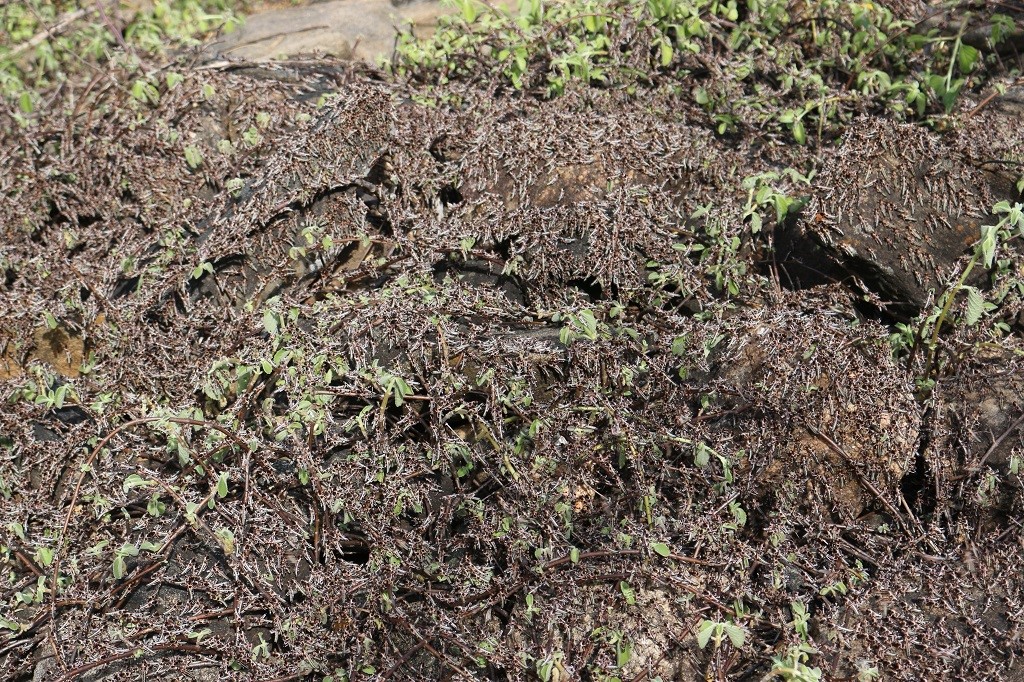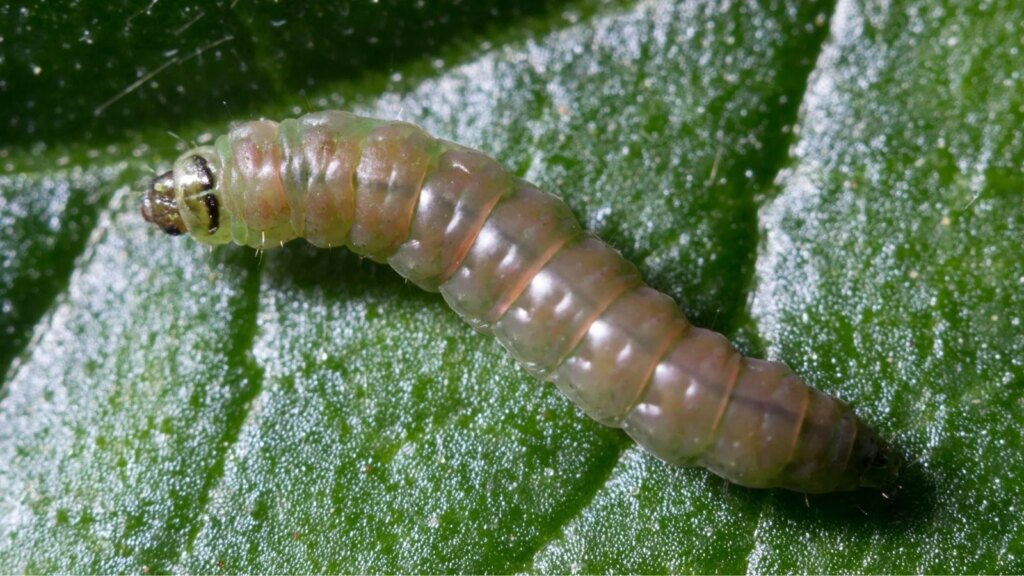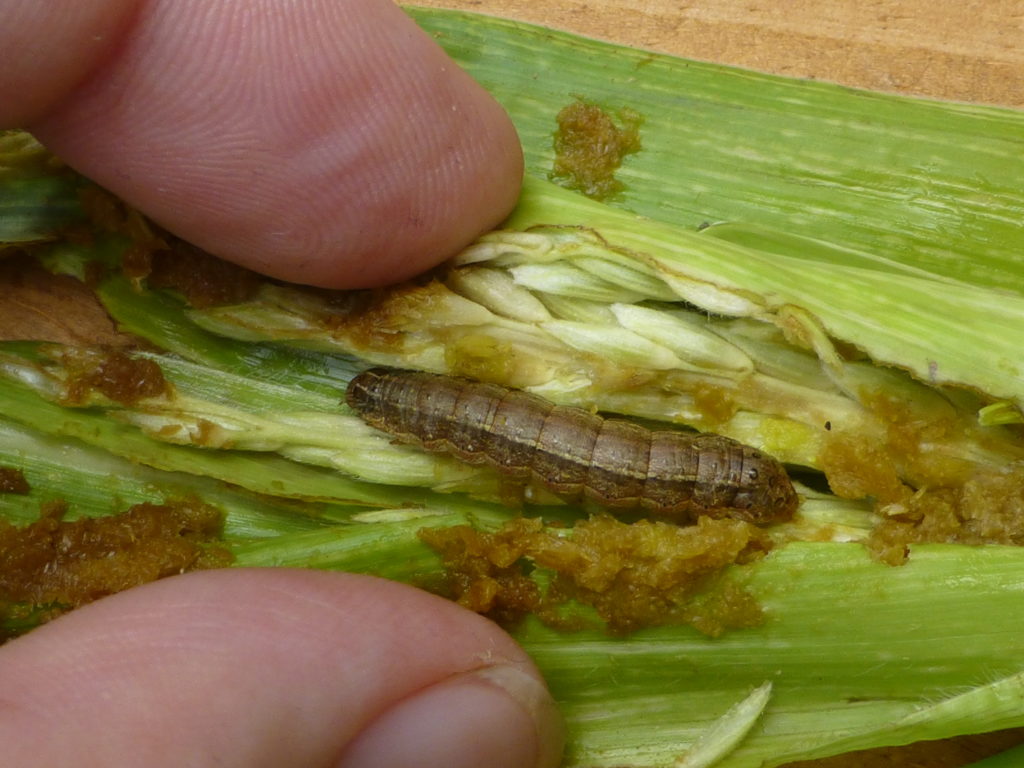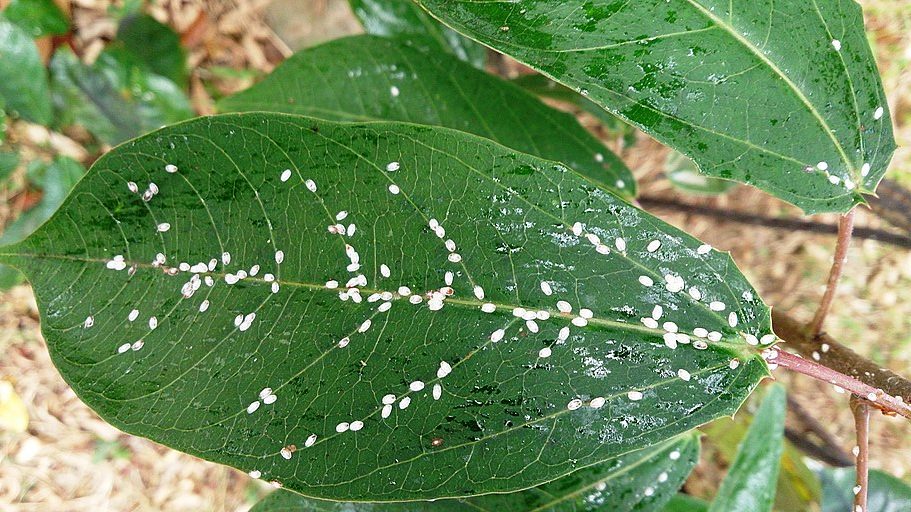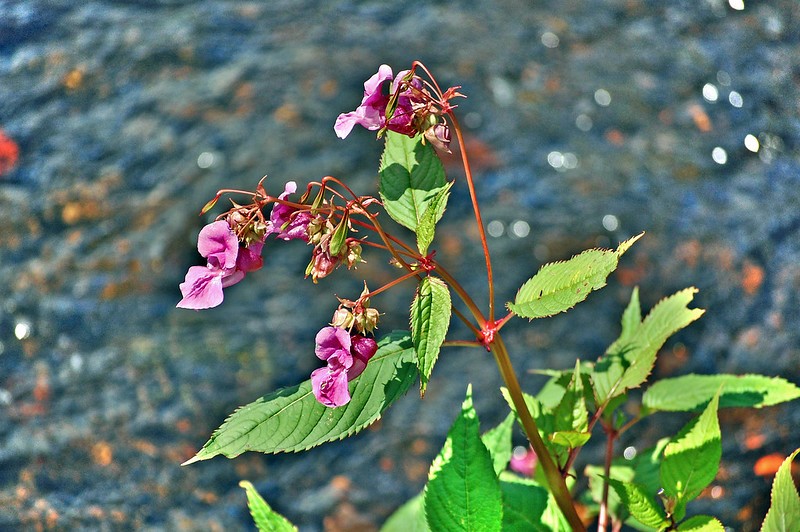Invasives Blog
You are here: Invasives Blog
Biological pest control helps tackle swarms of desert locusts in Africa
May 25, 2022
Chrissy Sihdu
No Comments
This article was originally published on the CABI BioProtection Portal blog. Visit the original blog post here. Biopesticides have been leading the non-chemical pest control assault on swarms of locusts in Somalia, helping to control, without the use of harmful chemical pesticides, one of the most destructive agricultural pests in world: Schistocerca gregaria, commonly known as the desert locust.
Tuta absoluta: what is it and how do you get rid of it?
April 20, 2022
Chrissy Sihdu
1 comment
This article was originally published on the CABI BioProtection Portal blog. Visit the original blog post here. Tuta absoluta (Phthorimaea absoluta) is a highly destructive tomato pest in many areas of the world. Native to Peru, it is a species of moth that can quickly damage entire tomato crops.
Fall Armyworm Research Champion opportunity
November 12, 2020
Chrissy Sihdu
1 comment
CABI are offering an exciting opportunity for enthusiastic fall armyworm (FAW) researchers to take on the role of Research Champion for the FAW research collaboration portal.
Tackling the scale insect problem in Kenya
September 25, 2020
Chrissy Sihdu
No Comments
Scale insects are a group of very small insects that often don’t look like an average plant pest, but they are a growing problem in countries like Kenya. The pests attack important crops and plants that are integral to the country’s economy such as coffee, citrus and mango and in some cases have been known…
The ongoing challenge of tackling Himalayan balsam in the British Isles
July 15, 2020
Chrissy Sihdu
No Comments
Himalayan balsam (Impatiens glandulifera), an invasive species native to the foothills of the Himalayas, is an extremely problematic weed in the British Isles, and one of the species CABI is working to help control in the natural environment.
Subscribe
Find out more
For more information about CABI's work on invasive species, please visit www.invasive-species.org
Contribute
If you are active in the field of invasive species or development and would like to contribute to the Invasives Blog, please contact Donna Hutchinson. We are happy to post credible articles that we think would be of interest to our readership.
Views expressed in contributions do not necessarily reflect official CABI positions.
Archives
Categories
- Agriculture and International Development
- Veterinary and Animal Sciences
- Climate change and biodiversity
- Environmental Sciences
- Invasive species
- Plant Sciences
- Crop health
- Development communication and extension
- Digital development
- Economic development
- Food and nutrition security
- Gender and youth
- Publishing
- Value chains and trade

